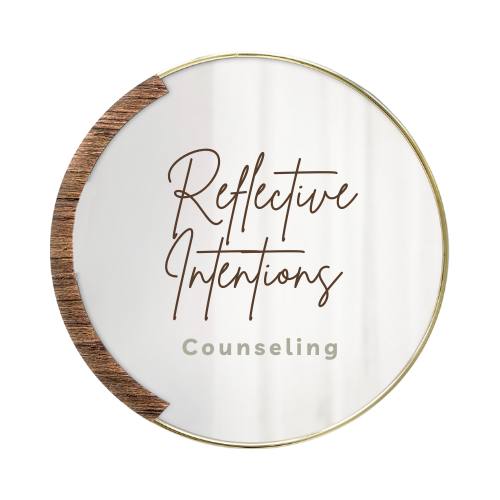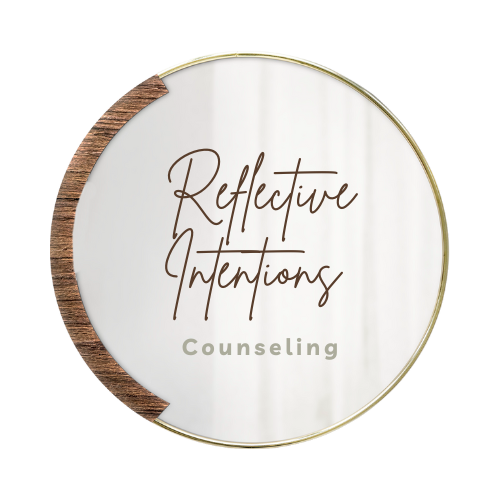Sitting still: Depression or Healing?
Suppose you grew up in a household where you were expected to be constantly on the move or were ever yelled at for not doing things by the time your parents got home. In that case, you probably notice that you are always on the go as an adult.
While constantly doing something is often celebrated, so should the practice of resting. Resting can be just as productive as doing something because our body needs the opportunity to recharge to continue to do things. When my clients come to me to work through their trauma, they hit a point in their treatment where they begin questioning if they are now depressed. To understand the question of "am I depressed," it's helpful to examine what trauma counselors refer to as the Window of Tolerance (WOT). On opposite ends of the extremes, outside the WOT, we have hyperarousal and hypoarousal.
Hyperarousal means the constant feeling of being on edge; this is the anxiety/panic attacks, the constant feeling of needing to keep yourself busy so you won't go "nuts."
Hypoarousal is our numbing and avoidance of emotions which often causes feelings of depression. This can include isolation, extreme fatigue, and unnecessary guilt about our current functional state.
When you have always been a "get shit done" type, taking time for yourself may feel lazy, self-centered, and egotistical. That could be how you think, or perhaps that's also what you were told growing up or presently. This needs to be corrected. While it happens A LOT that people go from one extreme to another in finding their balance, which we call healing, not being on the go 24/7, is actually a sign of progress.
So why? When we actually start listening to our bodies instead of just our thoughts, we may notice some inconsistencies. Have you ever felt like you could not move an inch? Still, a little voice in your head immediately starts scoffing at you (which may sound like an authority's voice), calling you lazy and stupid for not just doing the task now. The problem with this is that our body is brilliant and will often tell us things we cannot realize for ourselves.
Think about that time when you touched the stove. You did not think, "ouch, that's hot; let me remove my hand now." No, you removed your hand first and said, "ouch, that's hot." The reason for this is that your body felt that first. Then you could form a thought about it, a subsequent feeling, and then a further action: never intentionally do that again.
Listening to our body will tell us when we need to rest, and it will let us know that even though we want to clean the dishes, right now is not the time to do it. Listening to your body and giving it what it needs when it needs it is a sign of self-respect and love, not laziness or depression.
Stay intentional!

